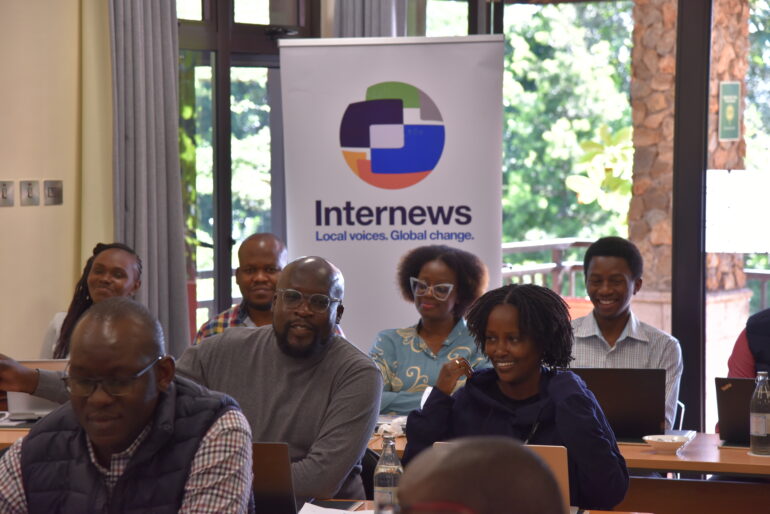The right to freely express oneself online, access information, and participate in democratic spaces is no longer a fringe conversation, it is a cornerstone of our everyday life.
Kenya’s digital rights movement is growing in visibility and strength, powered not by solitary voices, but by the collective resolve of individuals, institutions, and networks working together to safeguard the future of digital freedom.
The rise in online censorship, politically motivated arrests, targeted misinformation campaigns, internet shutdown threats, and harassment of journalists and activists has sharpened the urgency for a unified response. These challenges, while varied in nature, point to a common truth: digital rights in Kenya will only be defended and expanded through deliberate, coordinated advocacy.
Over the past five years, Kenya has witnessed a shift from isolated campaigns to broad-based coalitions that are shaping public discourse, influencing legislation, and challenging tech platforms to be more accountable. Several organizations including KICTANet, ARTICLE 19, and Amnesty International have all played critical roles in linking legal advocacy, digital literacy, and policy engagement under a shared vision.
What makes this collective advocacy effective is its multi-layered approach. Legal experts are pushing back on oppressive laws like Section 23 of the Computer Misuse and Cybercrimes Act, which criminalizes “false information” and is often weaponized against online dissent. At the same time, digital literacy champions are working with communities to equip citizens with the tools to navigate online spaces safely and responsibly.
Meanwhile, researchers and watchdog groups are demanding accountability from platforms like Meta and X (formerly Twitter), particularly around content moderation, algorithmic biases, and their roles during elections. These efforts are not siloed. They are woven into national conversations about governance, inclusion, freedom, and justice.
And this is not just happening in boardrooms. In May 2025, during the Social Media for Peace (SM4P) workshop in Naivasha, stakeholders from peacebuilders to digital safety advocates gathered to explore the state of online expression in Kenya. While the event was just one example of many, it demonstrated the power of joint action. It’s evident Players are no longer waiting for solutions but are building them together, one digital space at a time.
The workshop, supported by KiCTANET, Internews and UNESCO, offered tools for community-based actors to respond to digital threats and misinformation, especially as Kenya inches closer to the next election cycle. But more importantly, it exemplified a spirit of grassroots collaboration that is becoming central to Kenya’s digital rights movement.
This spirit is also visible in the growing number of joint statements issued in response to internet shutdowns, online surveillance threats, or abusive regulatory proposals. It’s in the fact-checking networks that spring into action during national events. It’s in the legal petitions filed by consortia, the training manuals co-created by CSOs, and the public dialogues happening Nationwide.
What’s driving this unity?
Firstly, its the recognition that digital threats are systemic and require systems-level responses. No single organization can tackle misinformation, online harassment, or legislative overreach on its own. Second, the shared understanding that digital rights intersect with all human rights. Whether you’re a blogger, a student, a trader, or a transgender activist, your voice matters, and your safety online matters just as much.
Lastly, there’s a generational urgency. Young Kenyans are not just consumers of digital content they are creators, curators, and change-makers. Any advocacy that fails to center their energy and innovation will fall short.
As we look ahead, the work is far from over. The next frontier involves stronger linkages between rural and urban actors, better protections for vulnerable online communities, and sustainable funding for long-term advocacy.
In Kenya today, digital rights are no longer just about protecting freedom of expression, they are about defending the soul of democracy itself. And that defense is strongest when we speak, act, and advocate together.
